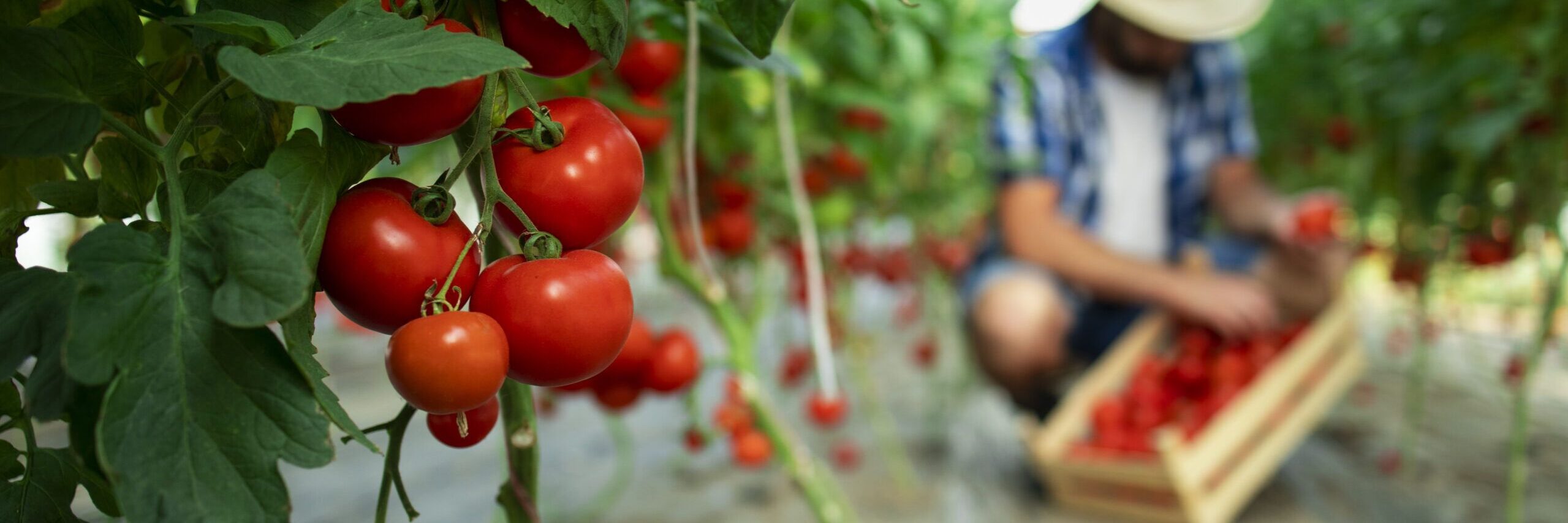The Australian government recently revealed that $68 million will be invested into a national agricultural traceability program which will help Australian farmers increase their export value. Agriculture traceability, to put in simple terms, is the journey of produce from paddock to plate. NewsCop talked to Dr Shoufeng Cao, an expert in blockchain agriculture traceability and research fellow at the Queensland University of Technology (QUT). Dr Cao participated in research for BeefLedger, a company using blockchain technology to trace Australian beef exports. Research found Chinese consumers were willing to pay more if they knew that their beef products were Australian.
NewsCop: Why is traceability so important?
Dr Cao:Consumers nowadays have access to a larger selection of food products and therefore are looking for more product related information to make informed buying decisions. The traceability system can play a role in facilitating food communication by enabling consumers to have a better understanding of how their food products are produced.
The traceability systems provide transparency of production and distribution processes, which support the agricultural industry to maintain a competitive edge compared with those without.
Regulatory bodies can take a traceability system as a tool to monitor food supply chains and ensure participants behave in accordance with food safety standards and regulations throughout the supply chain.

NewsCop: What kind of value does it add to the product?
Dr Cao: From my research experience, I can see three emerging values that can add to agricultural products. These values include the value of provenance, product rebranding and traceable sustainable products.
The value of provenance can be claimed by implementing traceability systems, which can record the geographic origin of a product and allow consumers and authorities to verify the traceable provenance information.
An excellent case of product rebranding through combining traceability systems with quality assurance is Nongfu Spring 17.5° Oranges – A rebranded navel orange in China. Since the brand launched in 2014, Nongfu Spring 17.5° oranges have always been the best seller in the Chinese market, and their sales price is approx. 2.5 times more than the same varieties produced in the same region.
Consumers have been shifting their preferences to food produced in a sustainable way due to increased awareness of sustainability. While there are various products labeled as sustainable and/or eco-friendly products on the market, consumers do not trust these labels. Traceability systems can come in and play a part in providing supply chain transparency and feeding consumers with traceable and verifiable information related to sustainable claims.
NewsCop: Will this create greater revenue for farmers when it comes to overseas exporting?
Dr Cao: My answer to this question is yes and No. This depends on the size of farmers and how they participate in the traceability system when they are an actor in the export supply chain.
Small-scale farmers can benefit from the agricultural traceability system by integrating them into regional and global supply chains and facilitating access to regional and global markets. Despite this, they may not gain greater economical returns if they participate in a supply chain with a dominant player. When they face large companies which have strong powers to force them to adopt a traceability system, we cannot expect more returns to the farmers.
Large-scale farmers who have direct exports to the international markets can expect greater revenue from supplying traceable products as first movers given the value of provenance from consumers’ perspective. However, this economical return from the value of provenance will probably be diminishing in the long term when product traceability becomes a common norm at the industry level and is not regarded as a selling point.





